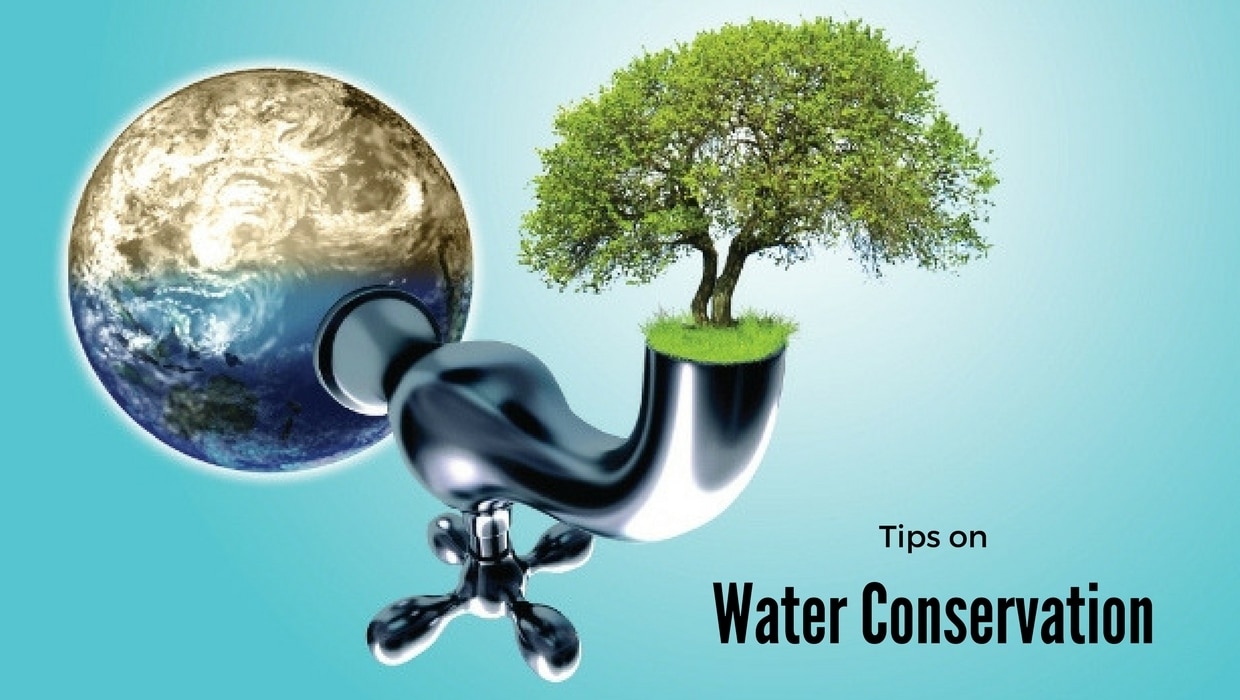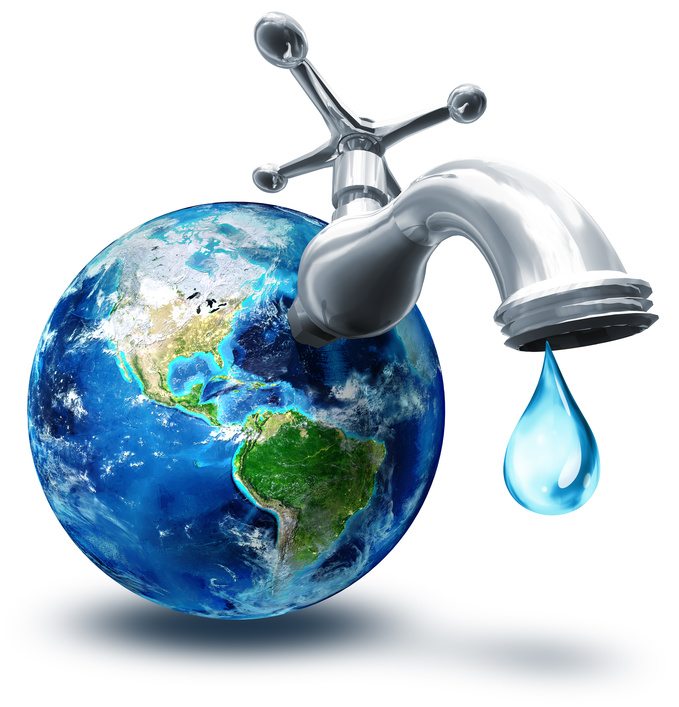
Fresh water is one of the most valuable resources on Earth. Comprising only 3% of the planet’s water, fresh water is essential to humans and animals alike. It is the source of irrigation for crops and vegetables. Humans and animals drink fresh water to sustain their life processes. Fresh water is also used in many industrial processes. Indeed, we are dependent on fresh water for survival and functionality.
The threat of global warming and climate change, however, poses a threat to the availability of freshwater sources. Most rivers and lakes are at risk of drying due to extreme heat. With high temperatures in Australia, conserving freshwater is important particularly for dry seasons. Droughts can happen during months with intensely high temperatures. This can damage agriculture and livestock. It can also cause dehydration and hospitalisation when people do not get enough water.
How Australians are Guilty of Wasting Water
The current state of water conservation in Australia isn’t good. Households in Australia are the highest sources of water usage and wastage, and being one of the driest continents on Earth, it has few sources of fresh water. Unfortunately, many Australians don’t realise that often they waste water. The following are said to be the causes for water wastage in the country:
- Individual practices such as leaving the water faucets running unnecessarily when brushing teeth, washing hands, or taking a shower, and excessive flushing of toilets.
- Faulty plumbing systems. Leaky faucets and pipes can cause a lot of water wastage and increased water bills.
- Appliances such as faulty dishwashers or washing machines can also waste water. Older models of these appliances often require too much water.
- Water heating can also cause water wastage.
Practical Tips for Saving Water
With all of the benefits of saving water, and the threat of global warming and climate change, it is important take action as soon as possible to end fresh water wastage. Get started with these tips.
- Check your plumbing. A faulty plumbing system often causes water wastage and high bills for water consumption. An annual inspection of your plumbing system could help not only save water but also dollars’ worth of repair expenses in the long run.
- Replace or fix leaky pipes and faucets
- Check if your toilet system is functioning properly. A malfunctioning toilet flush system may continuously leak water into your toilet.
- Re-use water used for dishwashing or rinsing your laundry. This water can still be used for washing your car, rugs, and even old carpets.
- Always turn off faucets when not in use. This is especially true when washing hands, brushing teeth, or taking a shower.
- Collect rain water. Rain water is fresh water from the ground converted to moisture in the atmosphere. It can be further treated to become drinking water or can be used cooking. If you cannot treat rain water, you can use it for other household processes such as washing dishes and laundry.
- If possible, have shorter and fewer showers.
- Use newer models of dishwasher and washing machines. These newer models have better sensors that indicate the exact amount of water they will need.
- Do not use your toilet as a garbage bin. Often, more water is used to flush down solid materials such as tissue paper, plastic, and others when disposed in the toilet. This can also clog your toilet in the long run.
Aside from these water saving tips, developing an over-all attitude of water saving consciousness in your family and community can help you save water and prevent water shortages. This will help us have more fresh water reserves in the future.
Green Planet Plumbing is with you in making the environment a better and more sustainable place to live in. Contact our licensed plumbers today for professional plumbing repair and inspection in Newcastle.

